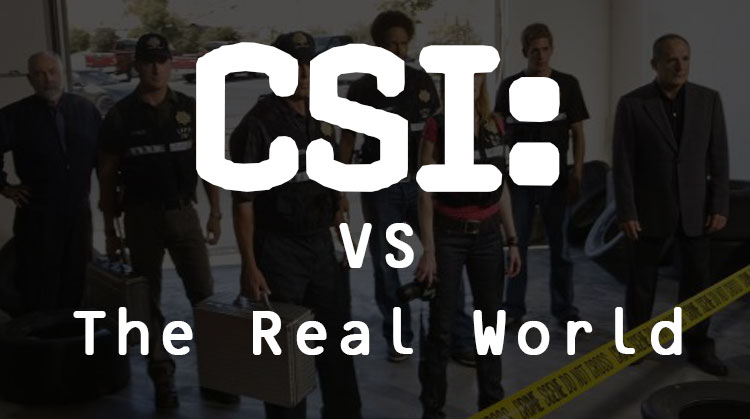
The world of technology continues to evolve around us. One fine example is the many updates that you receive almost weekly to keep your home computer or smartphone current with the programs you use with them. It’s amazing how fast technology has moved forward in just a few months let alone a year, a few years and decades.
What seems to somewhat blur our understanding of what technology can do and the speed in which it can accomplish amazing tasks is how it is portrayed on television. First off, an hour-long television program is in reality 50-minutes long at the most. The additional 10-minutes to fill the hour are used for commercial breaks. This means that the average hour-long program has to have a plot that lays out the premise of the story, presents possible solutions and is wrapped up with a conclusion before the final commercial break.

Naturally, if the program is part of a weekly series, the plot line is stretched out but let’s look at technology in an average one-hour program. The CSI series is a fine example. Your typical storyline has two, sometimes three different crimes revealed in the opening before the credits roll. During the main acts, technology zips everything to the conclusion in record time.
The reality is that although there are some amazing new technological advancements out there, the time lapse in TV World is not very realistic. Sure, computers have sped up a lot of the things that were once done manually and software programs have eliminated the need for some other time-consuming methods.
However, a lot of what you see on TV is still a fantasy.
Yes, there is technology to do many different things. But not everything.
Data recovery is one item that gets portrayed as some sort of magical process in many of these types of television programs. We have had clients come to us and say,
“I saw this on TV and they did this and that…and it worked… why can’t you guys do that?”
Well, we live in a world based on reality, not fantasy. There are some pretty amazing things possible – thanks to technology – such as extracting data from failed hard drives. However, extracting data from severely burnt tape is impossible. If someone tells you it can be done, they are pulling your leg.
You may have seen some innovative tech tools in sci-fi movies. Some of which do eventually become reality. For example, de-blurring photos can actually be done now thanks to an Adobe plug-in.

Don’t forget, law enforcement and the military do have tech tools that you and I may never see in the consumer market. So, in a way, there is a level of tech out there that is highly specialized but there still isn’t anything that can recover data from a platter that has been pulverized to a small pile of dust.
This means that what you see on TV is not always based on reality. The same rule applies to the media. There was a time where you could say,
“I read it in the paper, it has to be true,”
and you’d be right. However, with the competitive nature that the internet has brought to news reporting, saying something like,
“I read it on the internet, it has to be true”
is most likely false. That’s due to the influx of news sources that are not quite as reliable as the major networks once were.
So the next time you see a crime-based CSI program, keep in mind that while there is a lot of truth to what is being done to extract information from the evidence that has been collected, it is not always done with reality as the guiding factor. It is television and due to time constraints, a process that may typically take a day or a week is magically completed in minutes in order to keep the storyline from slowing down too much.
Now, with all of that being said, there is a huge positive in all of this.
Technology is driving television and entertainment forward. Not just in the basis of providing content to build programming around but in the way that programming is being delivered to us. We now have access to streaming data, ongoing alerts and several tools that connect each of us to news and information in ways that did not exist just a few years ago.
There is no doubt that technology has changed the world we live in. For the most part, technology has also improved the world we live in. But we still need humans involved in order to complete the tasks that technology has made so much easier. As a data recovery specialist, technology has had a huge impact on the industry I work within. Fortunately, I won’t be replaced by a machine anytime soon, regardless of what you are reading online about automation.
